Multinationals’ power “must be kept in check”
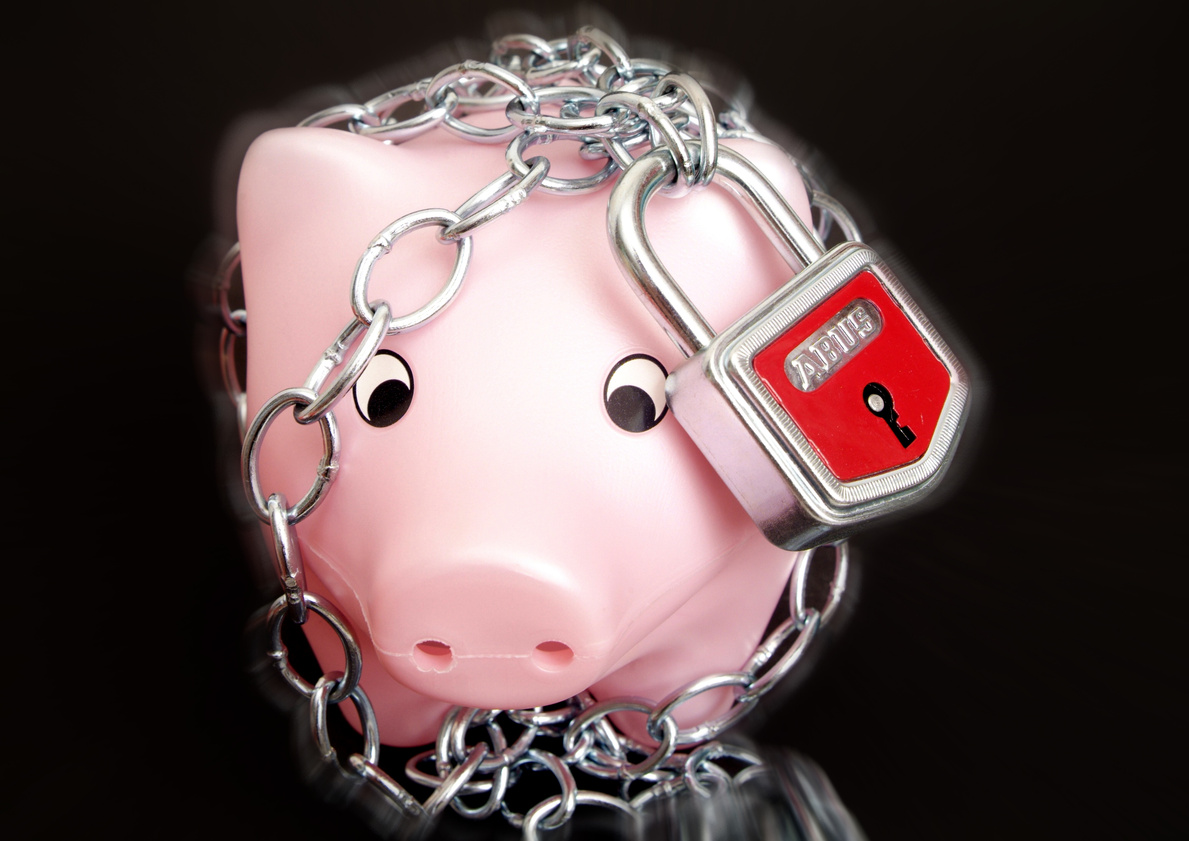
The global economy is to a large extent controlled by 147 multinationals, according to a unique Swiss study.
Swiss economist Mauro Baranzini tells swissinfo.ch that new supranational institutions are needed to keep these transnational corporations in check.
The tangled web of connections that link multinationals was highlighted in a study published by researchers at the Federal Institute of Technology Zurich (ETHZ).
In the study, “The network of global corporate control”, it was found that a small group of companies, forming a “super entity”, control around 40 per cent of the total economic value of all multinational companies.
Financial institutions account for three-quarters of the 147 most powerful transnational corporations. Among the top 50 are Swiss banks UBS (9th) and Credit Suisse (14th).
The study is the first to investigate “the architecture of the international ownership network”, as the authors call it. It is also the first to quantify the control held by each global player.
“A large multinational could have more power than the president of a small or medium-sized state,” says Baranzini, former deacon of the economic faculty of the Swiss-Italian University.
swissinfo.ch: Is the concentration of power necessarily a negative thing, or could it have positive implications?
Mauro Baranzini: There are certainly advantages. The main one is that prices of products and services are lower than they would be if the system was more fragmented. But the concentration of power also means there are risks.
swissinfo.ch: What kind?
M.B.: First of all, we are at the mercy of a few individuals. If we take into account their lobby in parliaments and direct influence on rulers, these people can exercise power on the political world and therefore on democratic processes.
In the case of an external shock like the financial crisis of 2008, the system can also prove to be very fragile. The fact that power is concentrated is in contradiction to the concept of free markets, which presupposes the existence of a large number of producers, suppliers and purchasers. This hinders the search for new and innovative products.
swissinfo.ch: UBS and Credit Suisse are listed among the most powerful transnational corporations. Does the fact that they are at the centre of a dense network make them stronger or does it have a destabilising effect on the two Swiss institutions?
M.B.: It strengthens them since the interconnections with other power centres means that these two companies are too important to fail. It’s more than positive for the two Swiss banks. Of course, it would be better if they were a little more ethical…
swissinfo.ch: The study points out that there are not necessarily any secret cartels behind this concentration of power. What do you think?
M.B.: I don’t think there is any conspiracy behind it. It’s more the result of a natural evolution that has seen the financial sector grow excessively. Financial concerns have the upper hand, at the expense of real production and the sectors that generate wealth and income, like agriculture, industry and important services.
swissinfo.ch: In what other areas are we seeing this phenomenon of power concentration?
M.B.: Aircraft production, for example: there were once four main companies, now there are only two. In Switzerland, we have the case of steel producers: there were four or five in the 1970s and now there are none. The work has been transferred elsewhere, probably into the hands of a large producer.
The phenomenon is also found in culture and education. Take, for example, the Nobel Prize for Economics: it’s always awarded to people who belong to large universities or a handful of nations. There’s little room for minority schools of thought. The greatest consequence is that those who have truly original and revolutionary ideas have little chance. The result is a slowing of the evolution of human knowledge. The same can be said for textbooks. In European, American and Japanese universities, there are more or less two or three books on economics that are imposed on all students.
swissinfo.ch: Must then the ties between companies be limited?
M.B.: It’s impossible to limit them since they operate on a supranational level and there is no institution which can restrict their great powers. There needs to be ways to control them.
swissinfo.ch: How?
M.B.: We need a new Bretton Woods [system] to guarantee more stability. There should be more regulations to include things like a so-called “Tobin tax” – suggested by American Nobel laureate James Tobin – to tax speculative transactions. It’s necessary to have greater controls on speculative transactions, for example, involving raw materials, energy and food.
To counter the monopolistic and restrictive practices it would make sense to create a kind of super court, like the international criminal court. Each of the existing anti-trust boards operates at the national level and therefore cannot counteract the increasing concentration [of power] globally.
Our history has been characterised by groups which have become very powerful at a given moment in time. I think society today has to find a way of keeping this growth in check.
The study, “The network of global corporate control”, was published in September and was the first to identify power networks using scientific data.
Researchers at the ETHZ examined the connections of 43,000 transnational corporations (TNCs). They found that the TNCs form a “giant bow-tie structure” and that a large portion of control flows to a small tightly-knit core of financial institutions.
This structure is explained by the fact that a group of around 1,300 companies are situated at the heart of global trade since they are in control of 50% of earnings from all multinationals. At the core of this group is a nucleus of 147 multinationals. This “super entity” controls 40% of the total value of the multinationals.
Topping the list is Britain’s Barclays bank, the American investment group, Capital Group Companies and the financial services firm, FMR Corporation, which is also American.
The two big Swiss banks are also among the most powerful, with UBS ranked 9th and Credit Suisse 14th. Other financial institutions included in the “super entity” are Deutsche Bank (12th), Goldman Sachs (18th) and Morgan Stanley (21st).
The authors of the study stress that it is not possible to ascertain any conspiracy behind the structure. They said however that it is necessary for more analysis of this system since there could be antitrustimplications and consequences for global financial stability.
(Translated from Italian by Dale Bechtel)

In compliance with the JTI standards
More: SWI swissinfo.ch certified by the Journalism Trust Initiative
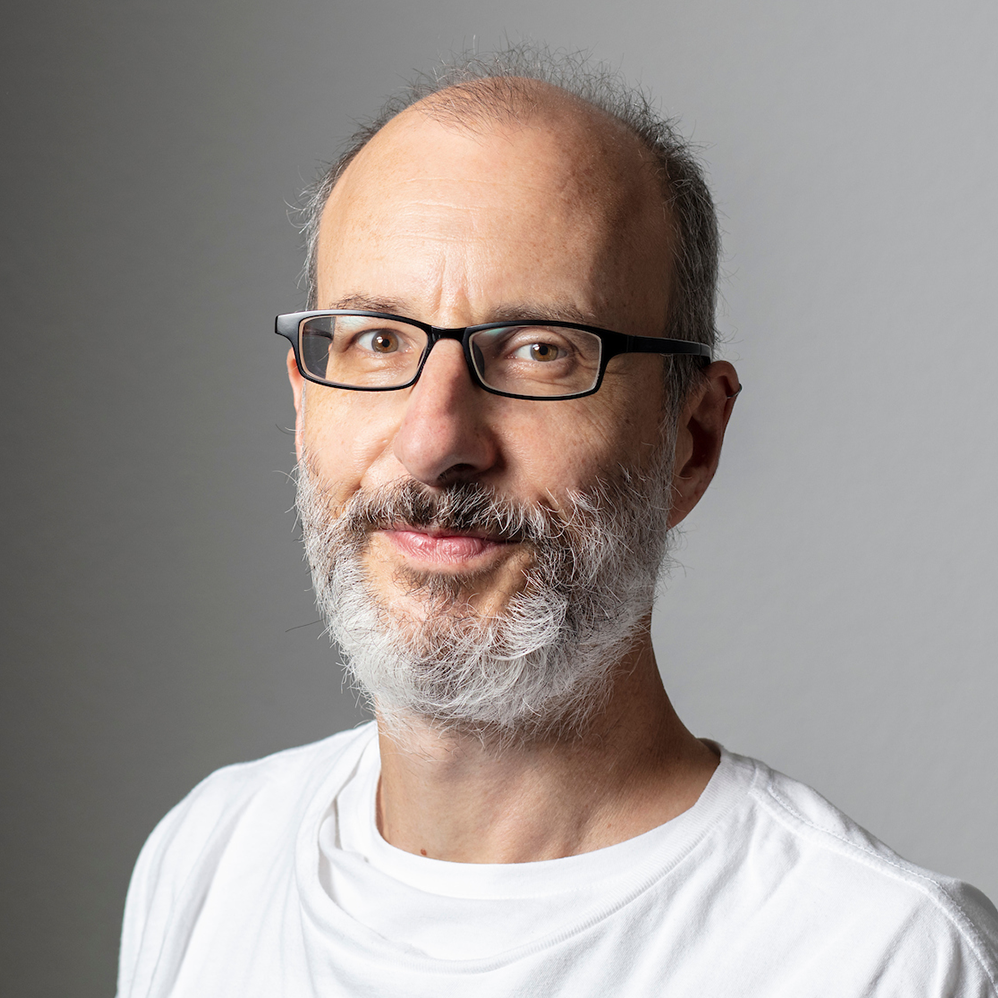
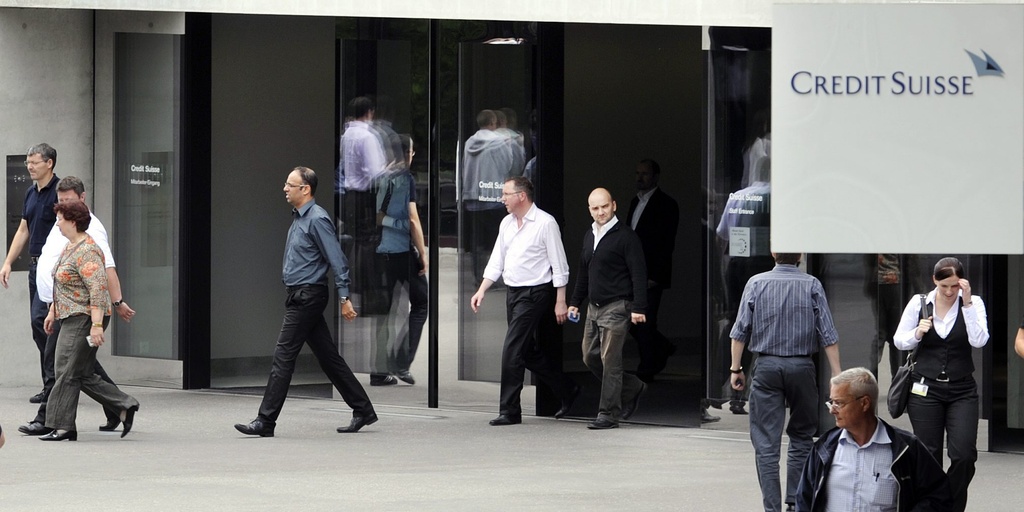
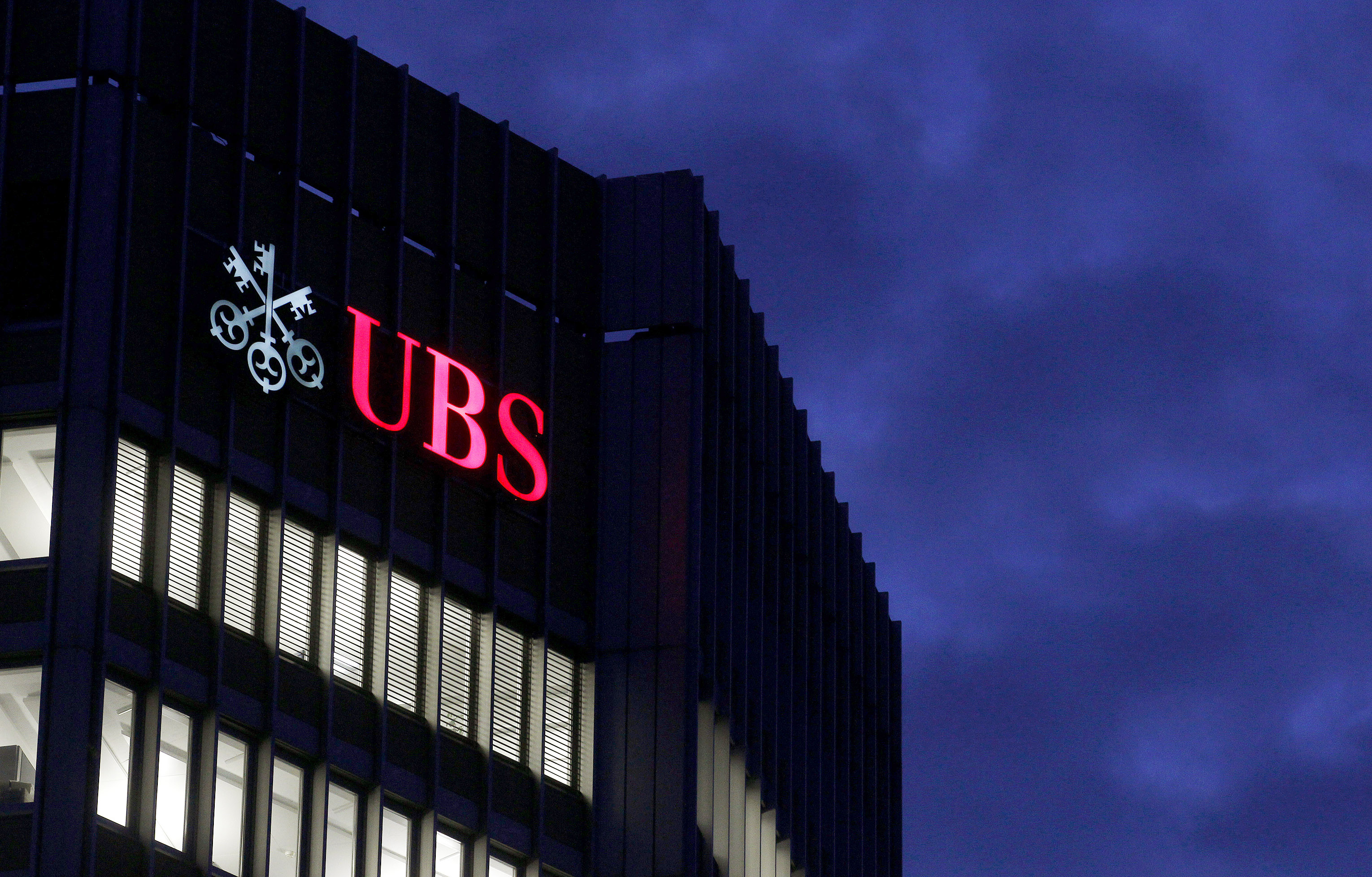
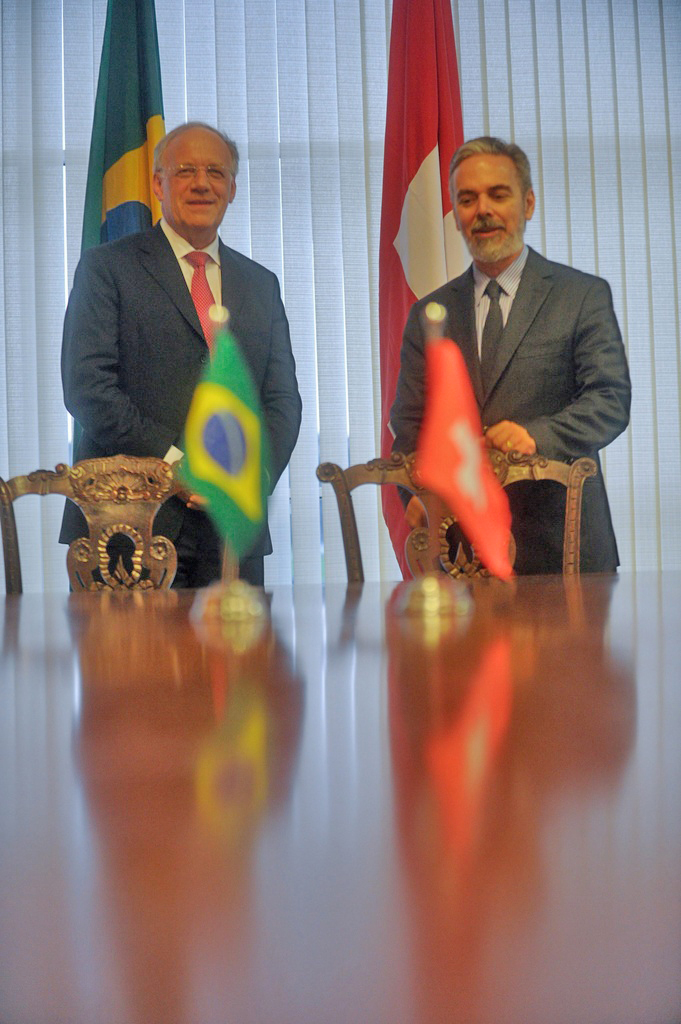
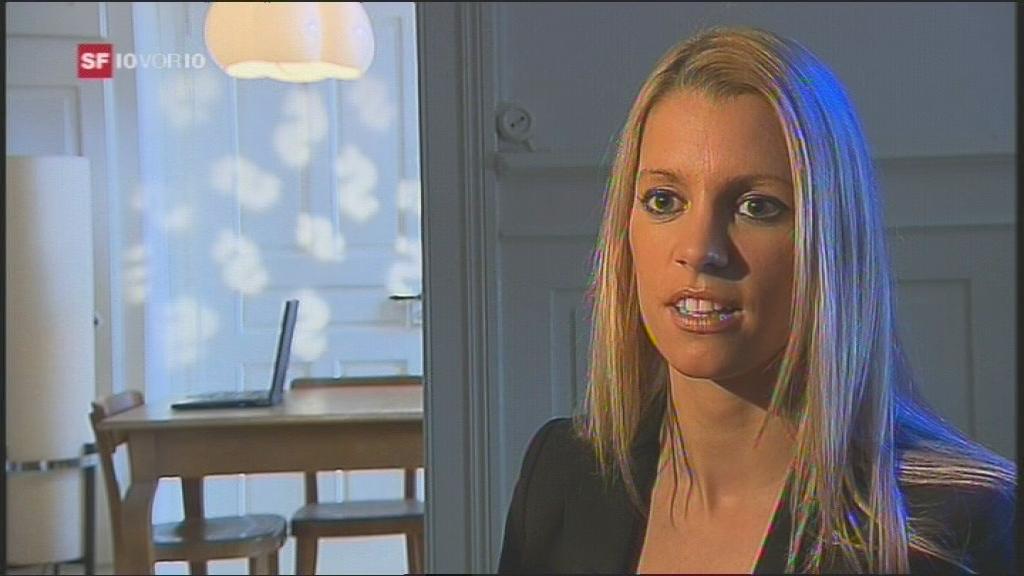
You can find an overview of ongoing debates with our journalists here. Please join us!
If you want to start a conversation about a topic raised in this article or want to report factual errors, email us at english@swissinfo.ch.